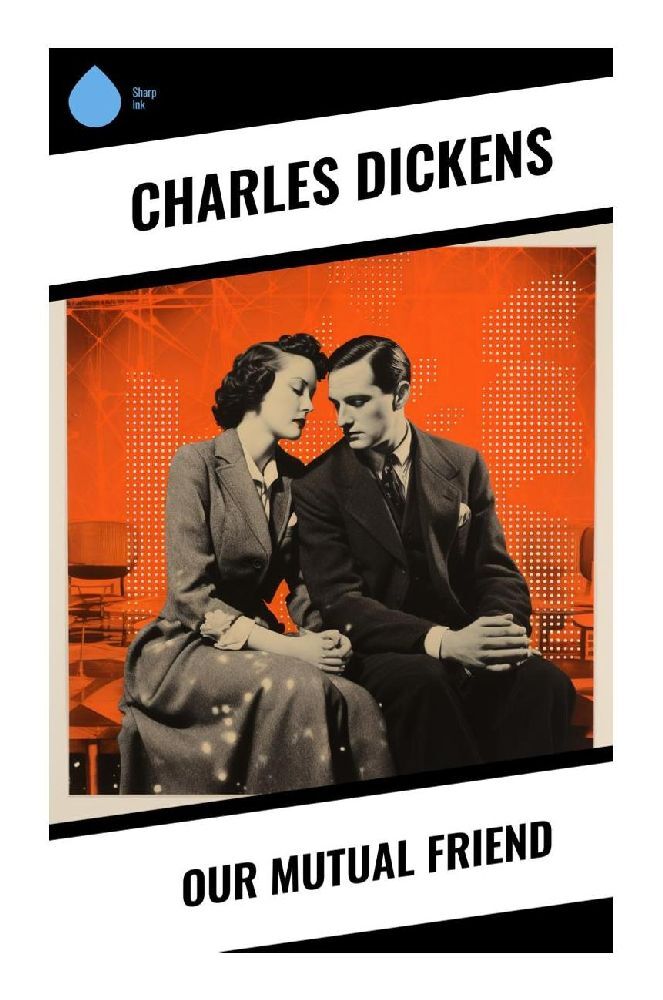
Zustellung: Do, 02.01. - Sa, 04.01.25
Versand in 4 Tagen
VersandkostenfreiBestellen & in Filiale abholen:
Charles Dickens' "Our Mutual Friend" intricately weaves themes of wealth, social class, and human connection in a Victorian London marked by stark dichotomies. The novel, characterized by its rich, vivid prose and multifaceted narrative structure, explores the lives of an eclectic cast of characters, each representing varying facets of society. Dickens adeptly uses irony and satire to critique the moral vacuity prevalent among the wealthy, juxtaposing it with the genuine humanity of the less privileged. Through an intricate plot that revolves around the mysterious death of a wealthy man and the subsequent fallout regarding his fortune, the novel delves into the complexities of love, identity, and the elusive nature of happiness. Dickens, one of the foremost figures of Victorian literature, was deeply influenced by his own experiences with poverty and social injustice. Raised in a struggling family, his exposure to the harsh realities of life instilled in him a profound sympathy for the downtrodden. His keen observations of societal structure and the disparities therein profoundly shaped "Our Mutual Friend," making it both a reflection of Dickens's personal convictions and a broader commentary on the era's moral dilemmas. This novel is highly recommended for readers seeking a compelling exploration of human relationships amid societal challenges. Dickens' masterful storytelling, combined with his sharp social critique, makes "Our Mutual Friend" a crucial text for understanding not only the author's oeuvre but also the cultural landscape of 19th-century England.
Produktdetails
Sprache
englisch
Seitenanzahl
560
Altersempfehlung
von 0 bis 9 Jahren
Autor/Autorin
Charles Dickens
Verlag/Hersteller
Produktart
kartoniert
Gewicht
780 g
Größe (L/B/H)
229/152/29 mm
ISBN
9788028355531
Bewertungen
0 Bewertungen
Es wurden noch keine Bewertungen abgegeben. Schreiben Sie die erste Bewertung zu "Our Mutual Friend" und helfen Sie damit anderen bei der Kaufentscheidung.









